As a child of two marines, senior Mackenzie Barrera is no stranger to following her family’s values to new places, with Oregon being the third state she has called home.
“It’s always just been that they carry a lot of ideals and beliefs and experiences from that time, and it really shapes who they are as people and how they have raised me and my sister,” Barrera said.
She also noted that many of the ways this culture shaped her childhood are still being revealed in conversations with her friends and classmates.
After spending her whole life in Catholic schools, she was the only member of her graduating class to come from St. Cecilia’s School to La Salle, but she quickly found new friends and a place in the community. Although Catholicism doesn’t play a crucial role in Barrera’s life today, both she and her family recognize that for many, religion is one of the most important avenues for building shared connections.
On the other hand, Barrera’s favorite subject, German, has massively impacted her life. A self-described grammar nerd, she loves its etymology, asking ‘why’ questions about language, and understanding both the explicit meaning and story behind a word and its origin.
“I also think that language is so important on a level that is different than just, ‘oh my gosh’, I really like to speak this language, because language is connection,” Barrera said.
Stemming from this, Barrera is a firm believer that everyone should learn a second language and study cultures other than their own.
“Just by immersing yourself in a language — by immersing yourself in a culture — you grow so much as a person,” Barrera said. “Something in your worldview shifts fundamentally, and it’s so much easier to see people as people.”
When Barrera was younger, her family traveled, both as part of her mom’s job and outside it, all around the country, giving her a taste for trips and adventure.
“I would just be constantly interacting with all these different people, hearing all these different perspectives on the world and all these different cool experiences that they have had,” Barrera said. “I really loved that, and I wanted that for myself.”
So when the opportunity arose to spend her junior year in Germany, both exploring new perspectives and practicing her German, she jumped at the chance with the full support of her parents.
Taking part in the Congress-Bundestag Youth Exchange program, she stayed in Salzgitter Germany — a collection of small towns surrounded by farm fields and connected by a network of buses.
“In the beginning, my German was not that good, but as my German got better, so did my ability to understand the world around me, and also to make those connections with people and understand their side of things,” she said. “It was just really awesome to be able to hear and learn about all of that from a different view of the world other than my own.”
Since her program was government-funded and in coordination with the Bundestag — essentially Germany’s equivalent of Congress — she also got the opportunity to visit and tour the Bundestag itself, observe panels, watch from the gallery, and even pose questions to sitting members.
After that experience, Barrera is grateful for the connections she has made all around the world and for the friends who were still supporting her from back home.
But even with her deep commitment to German and time spent in Germany, she doesn’t want her friends to all fit that same mold.
“I don’t make friends with people just because they like German,” she said. “I don’t want it to be the same thing, because why would I want to be around people who all think exactly the same as me? … But you have to be passionate about something. There has to be something where you say, ‘this is something that I really love and something that I am working towards.’ because, if not, what are you doing?”
Another important extracurricular for Barrera is Speech & Debate, which she is looking forward to returning to after her time in Germany, where she couldn’t find a team to compete on.
“I’ve pretty much been doing it since I was a child, whether or not I realized it,” Barrera said, recalling how her mother made her create an argument for buying candy at the grocery store or heading to the pool after school.
“I think that speech and debate has such a wonderful ability to connect people, because when giving a speech … you have to really think about other people and their views on things,” she said. “Am I appealing to my audience, or am I just kind of appealing to myself, but it’s not really connecting with them?”
Just like with theater, Barrera noted, it’s powerful because it’s deeply rooted in understanding.
She only started theater when she arrived at La Salle, but she has already fallen in love with it. In Germany, she helped write and film a short film in German alongside doing normal theater in German, in which Barrera felt the importance of connection was heightened by having to communicate through a language barrier.
“I just really love theater, because it’s all about connecting with one another, and it’s about connecting with the audience,” Barrera said. “When you are acting on stage, or when you are writing something for the stage, it’s really every single choice, every single word is meaningful, and you have to convey your point in a way where these people who maybe have never seen this before will be able to understand that.”


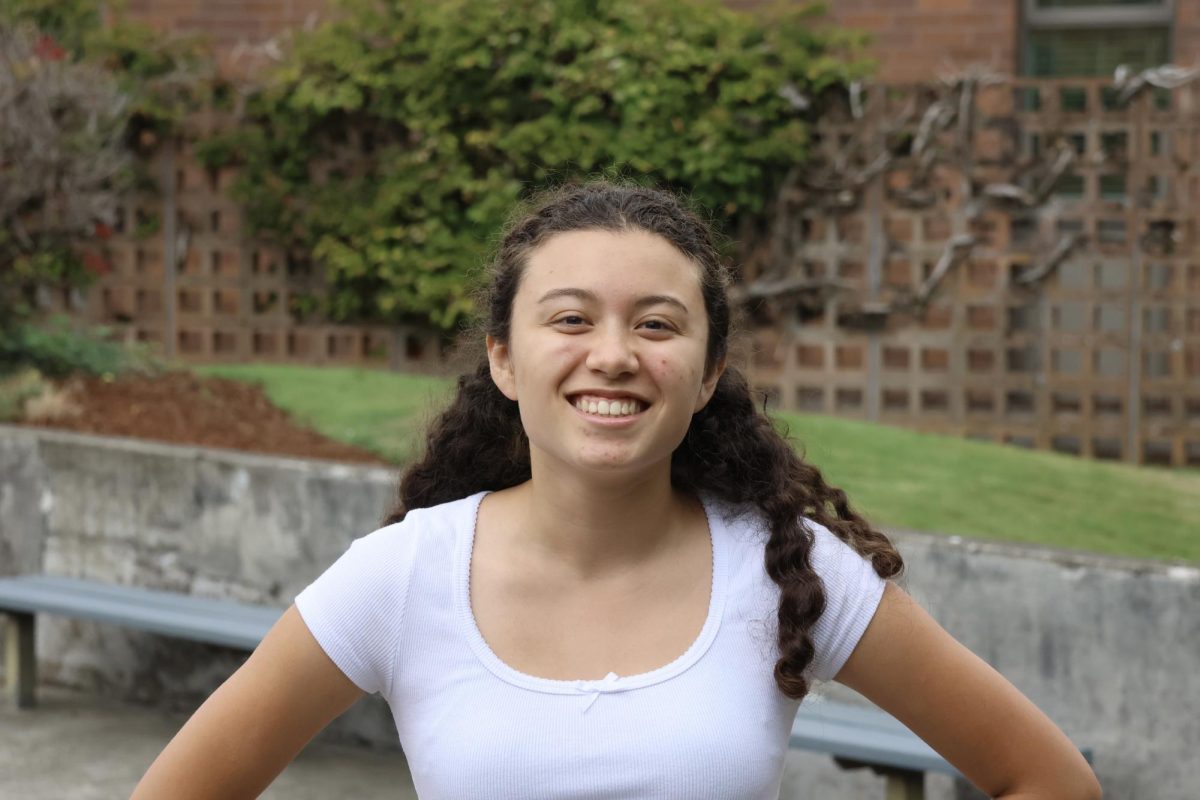
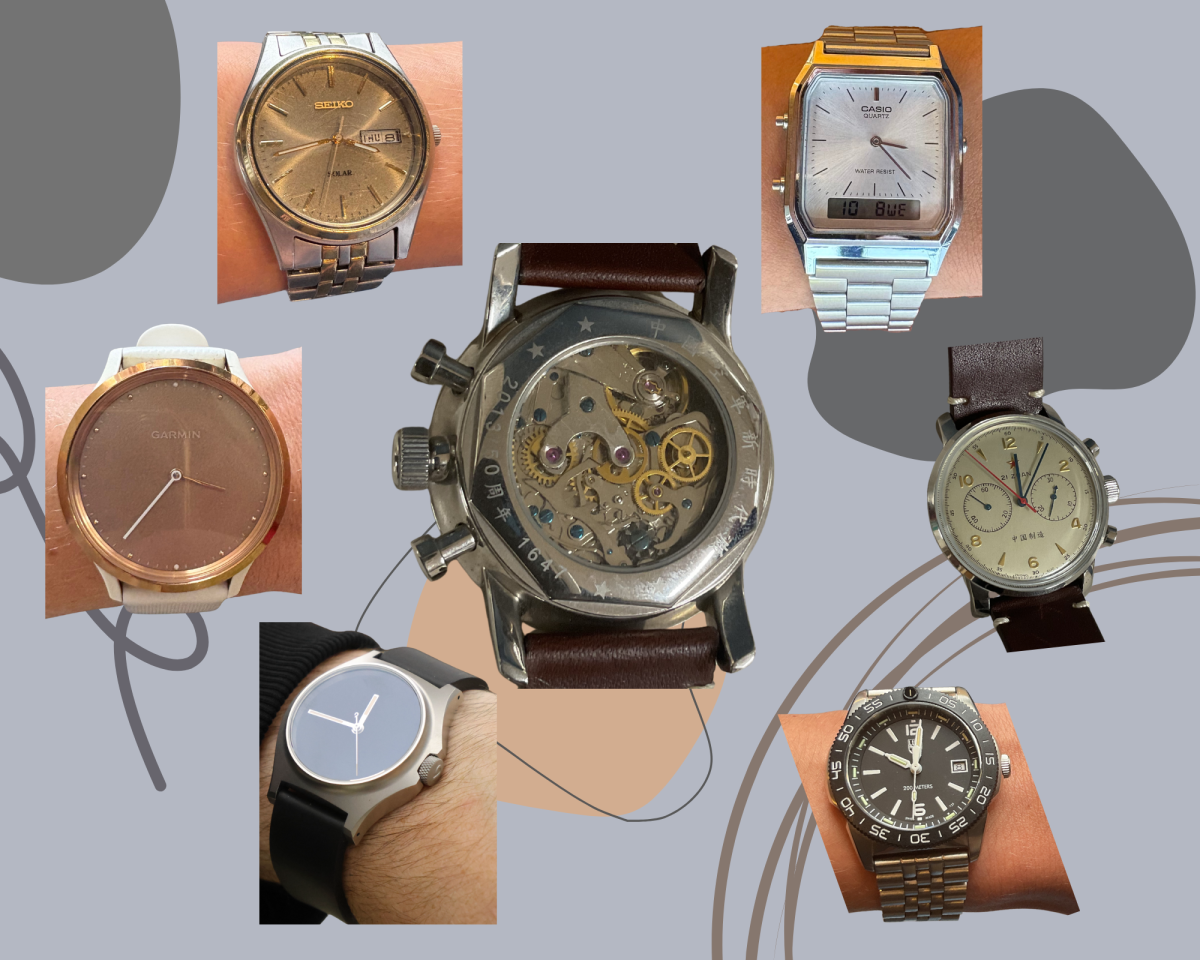
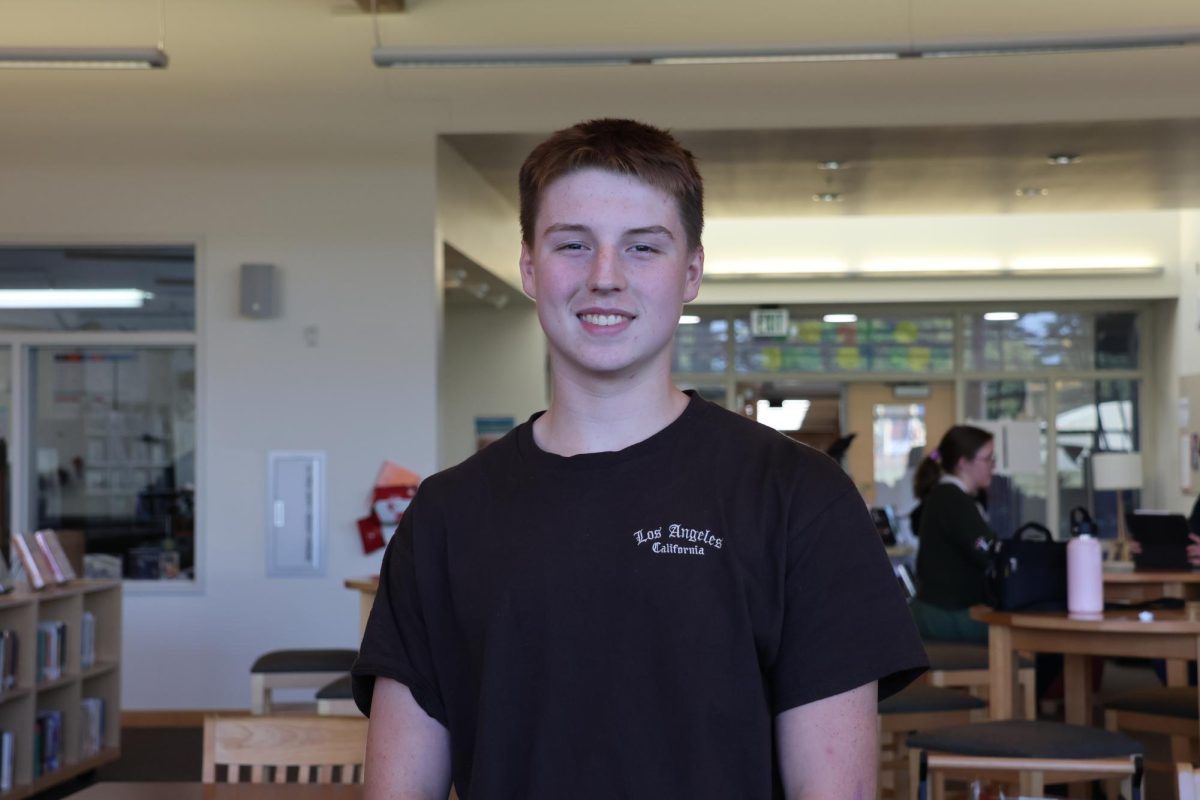
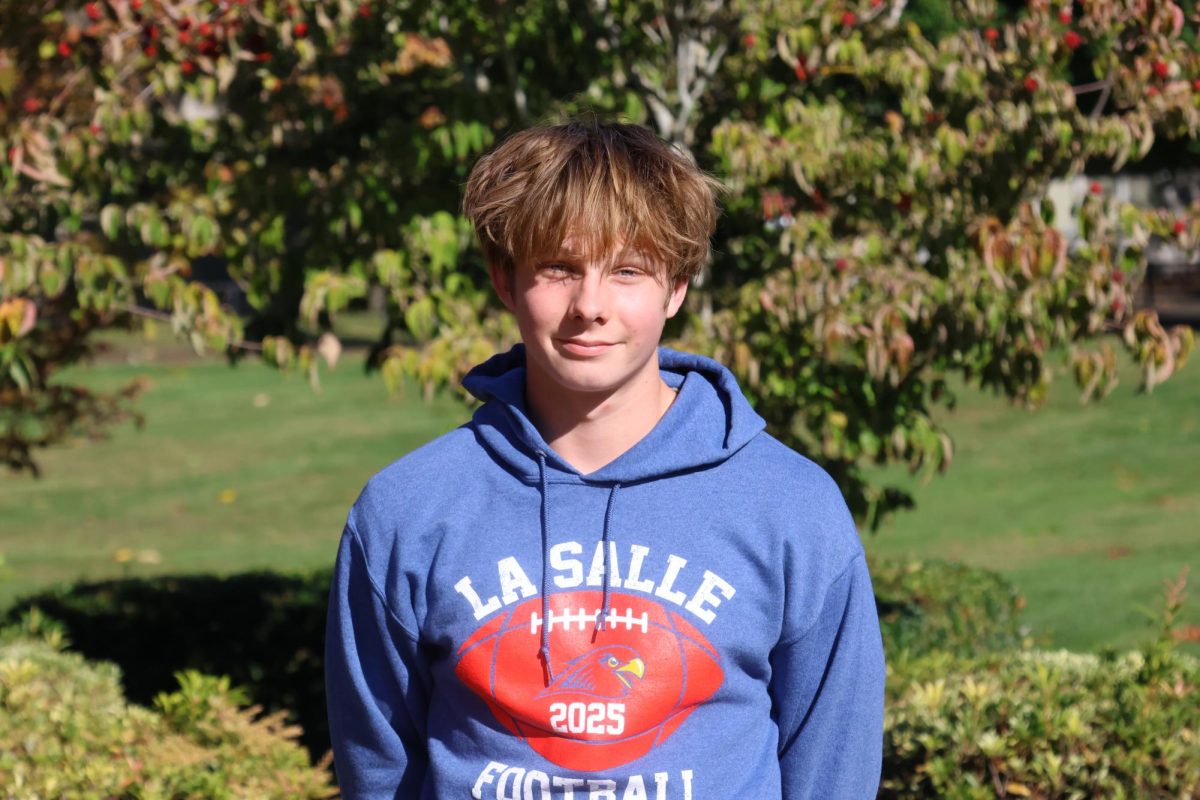

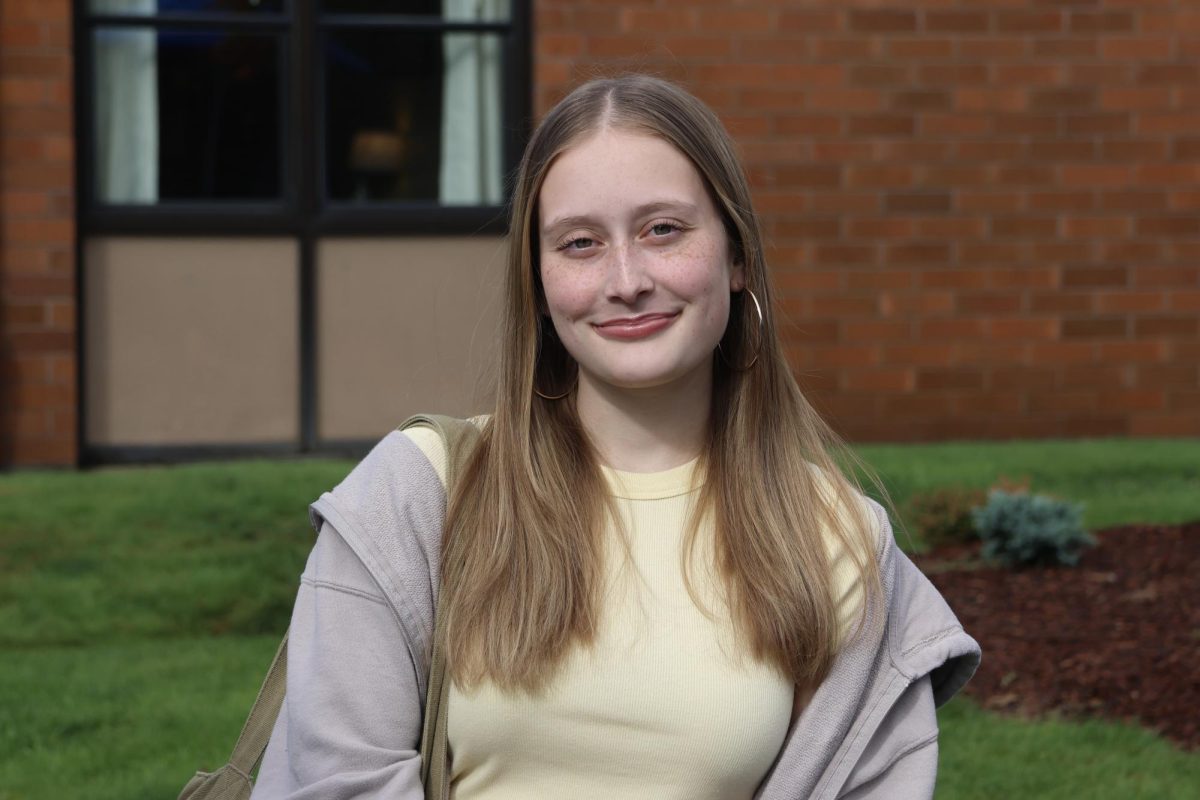
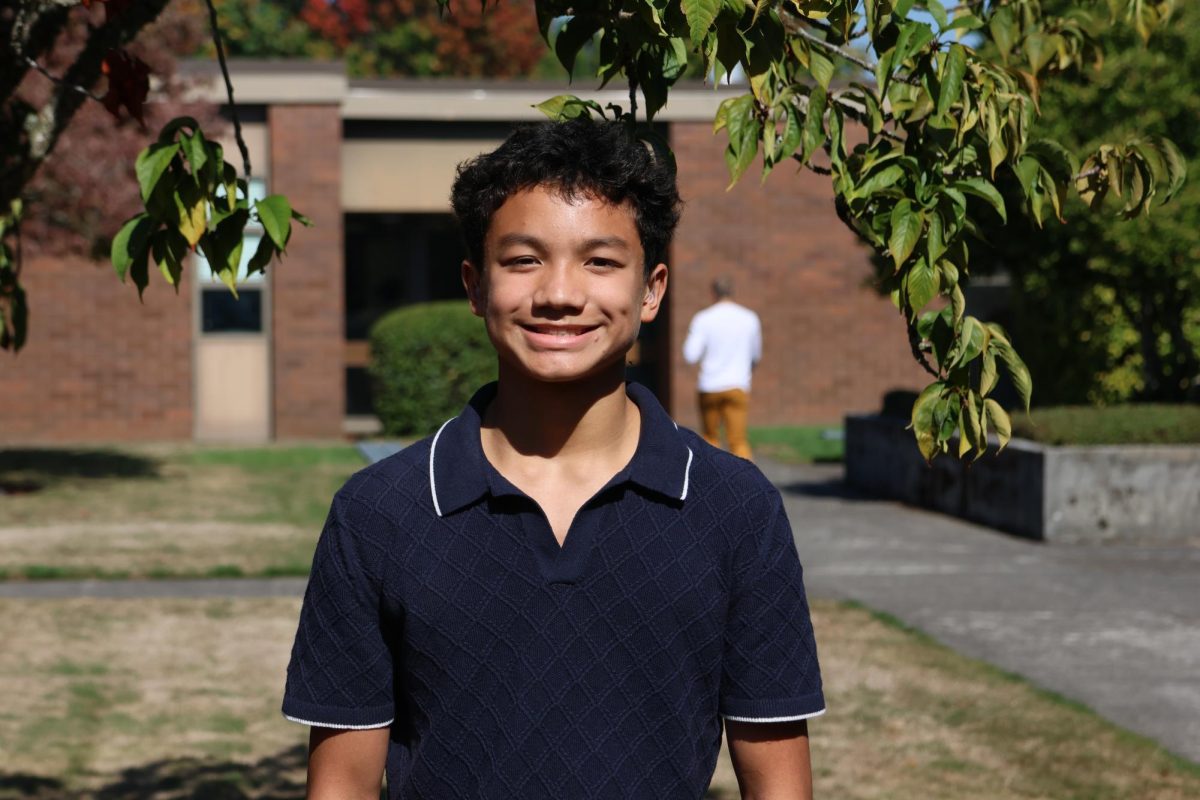
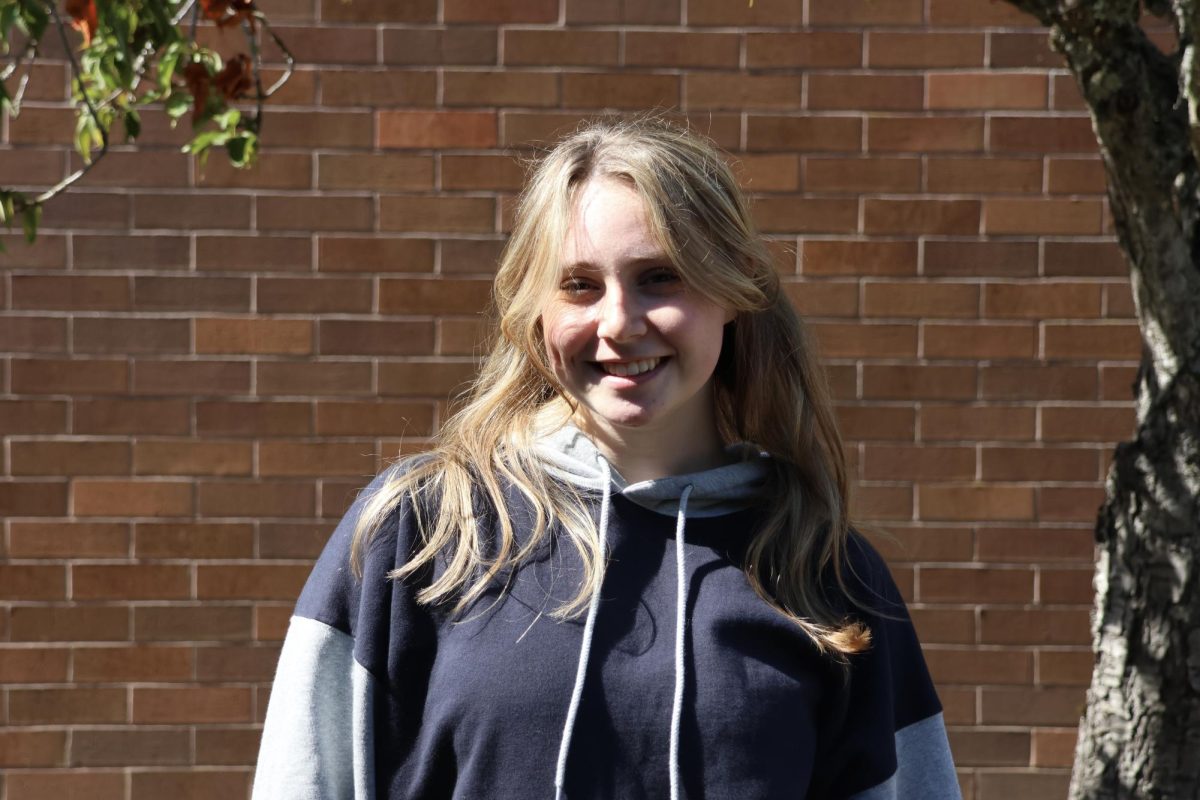
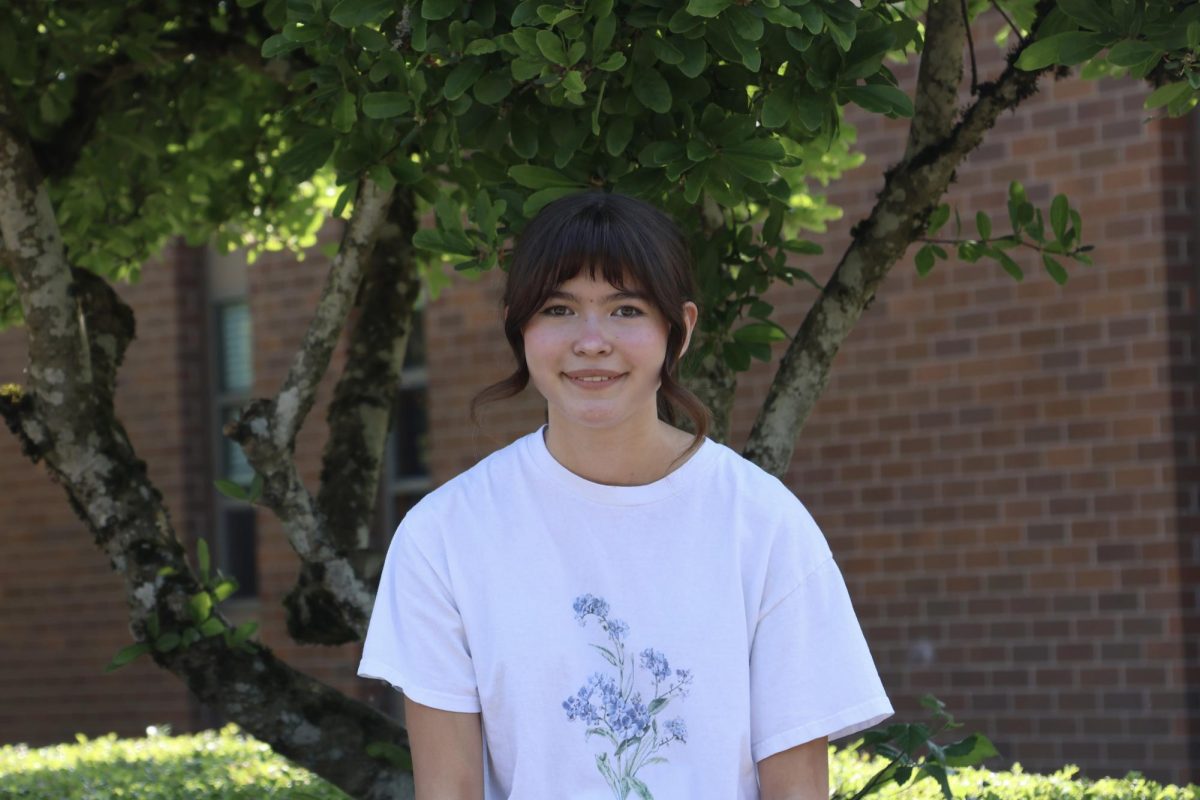
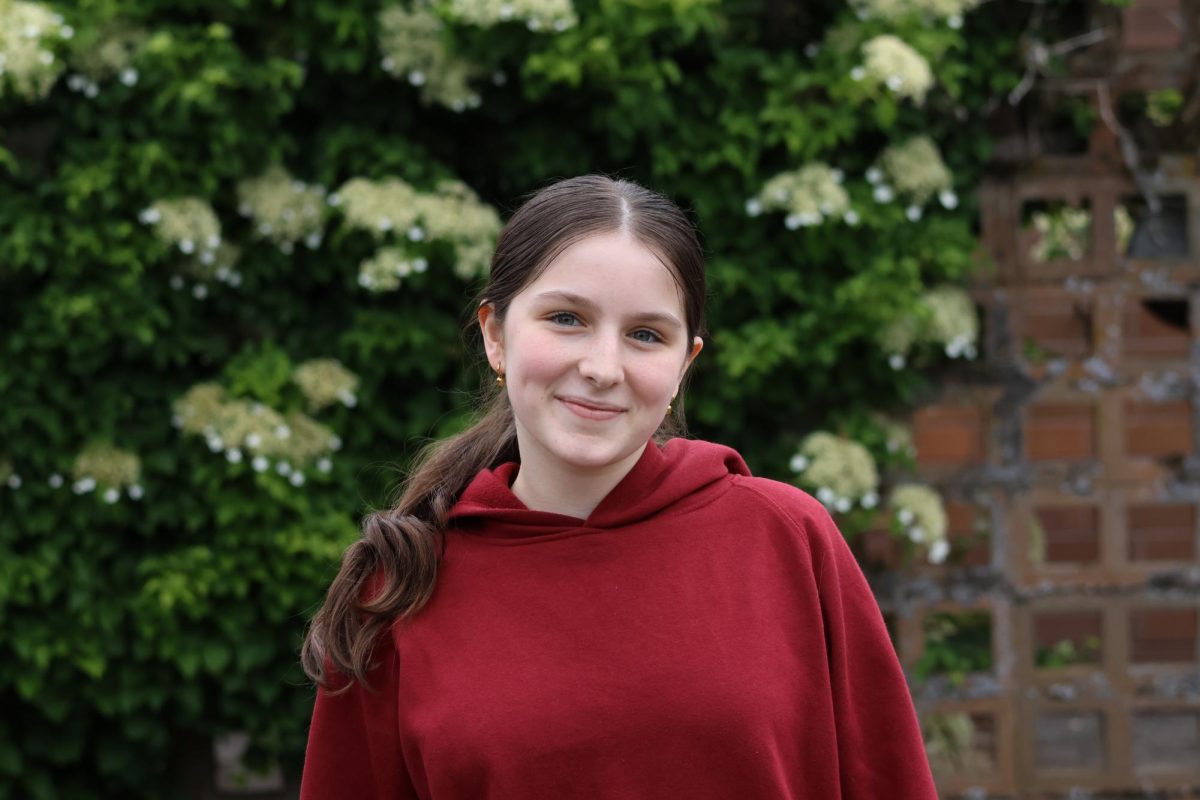
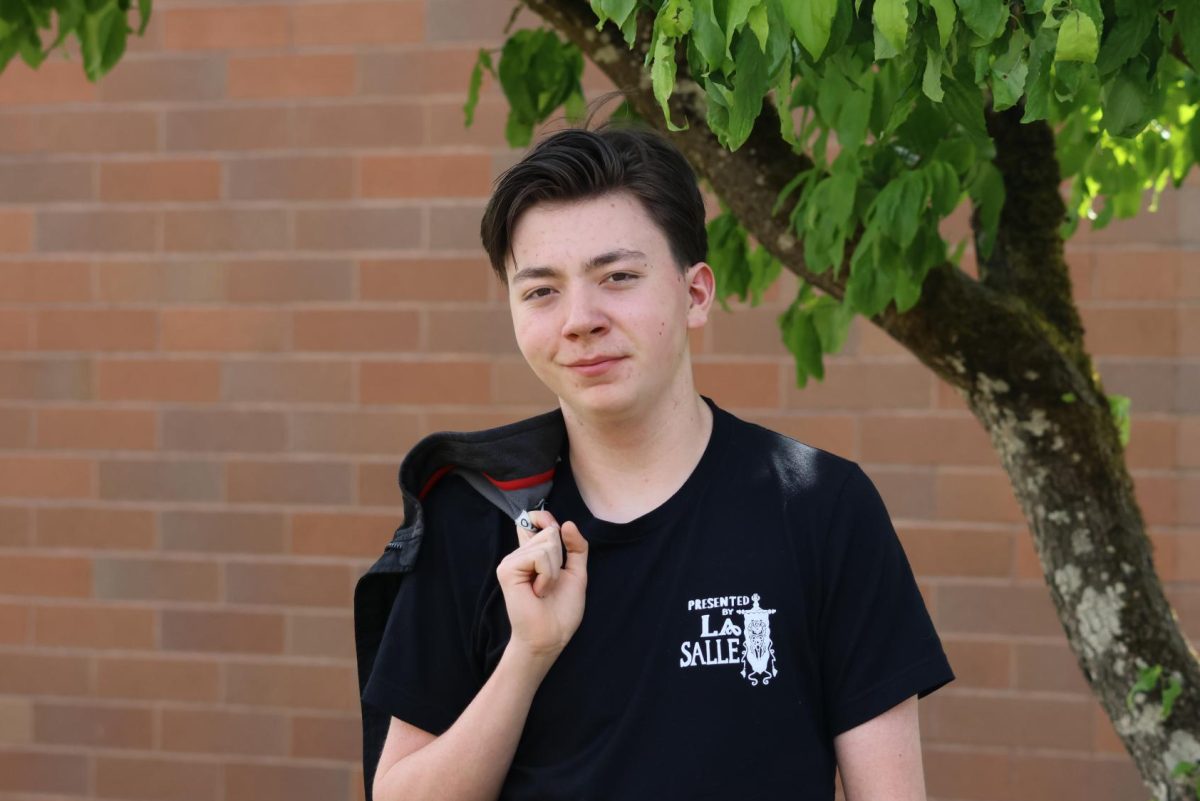
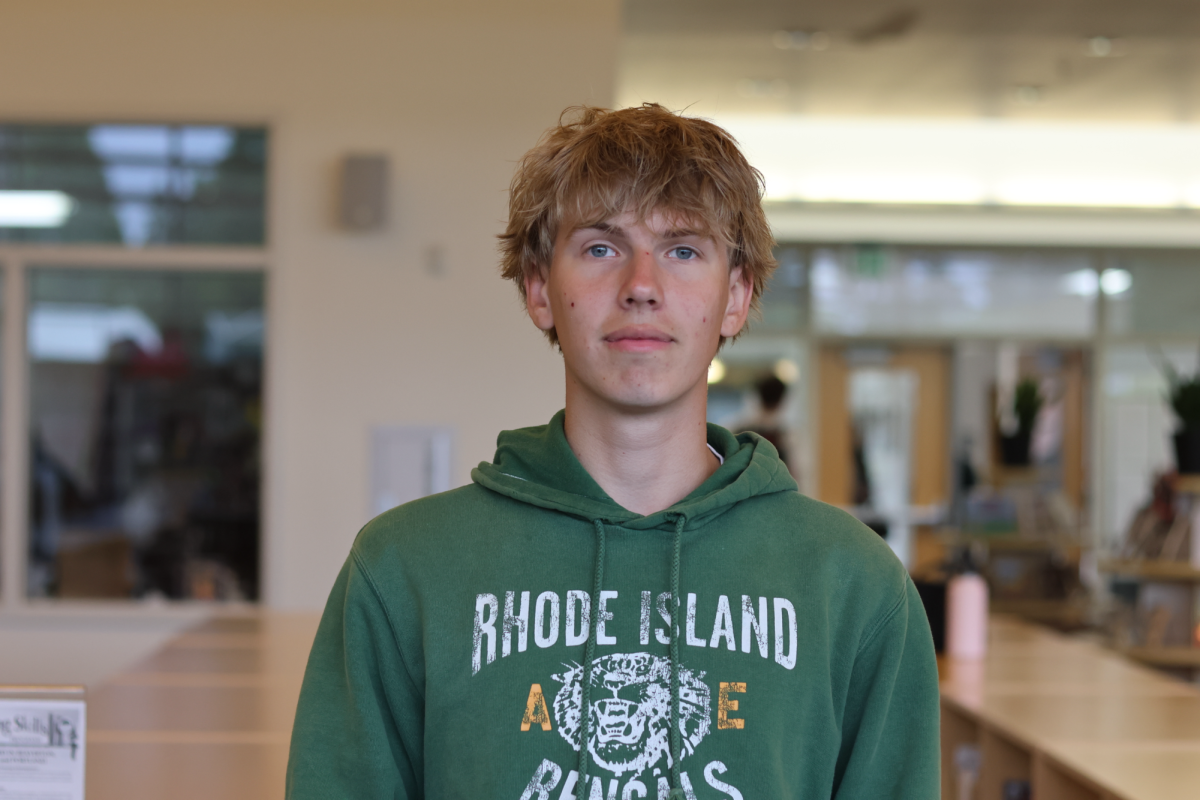
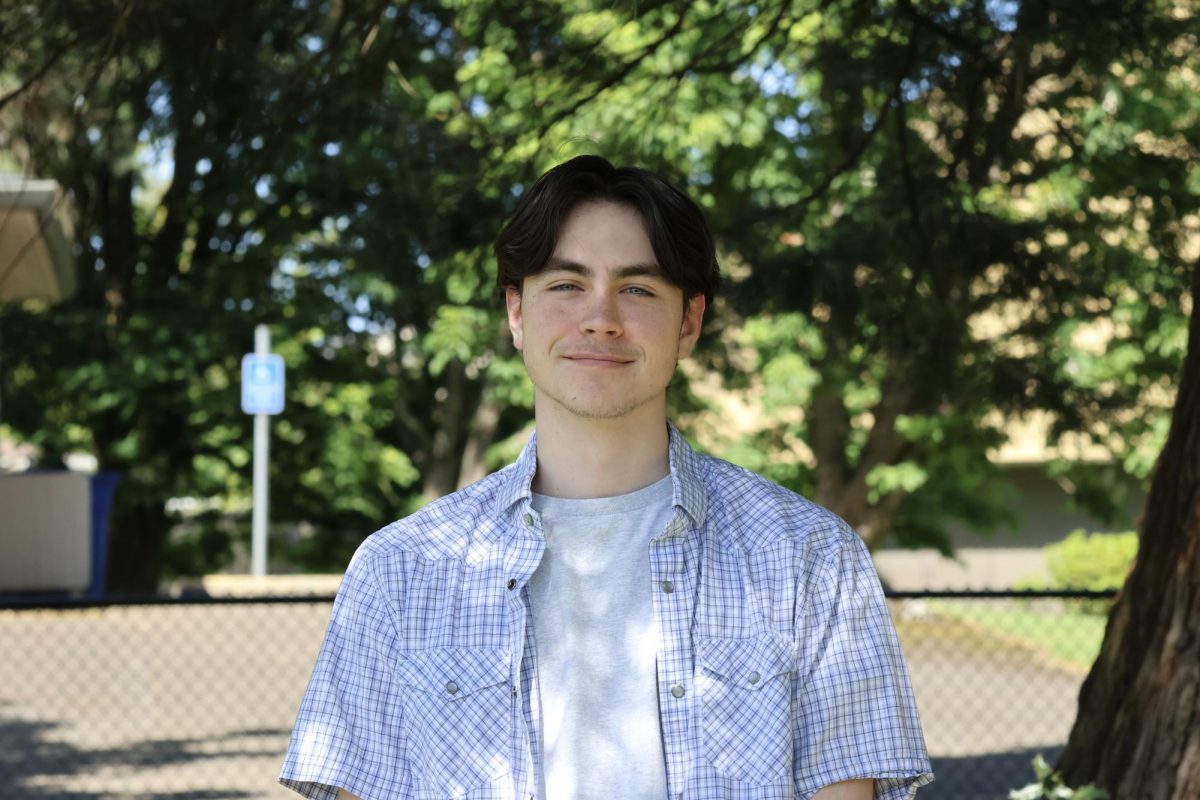
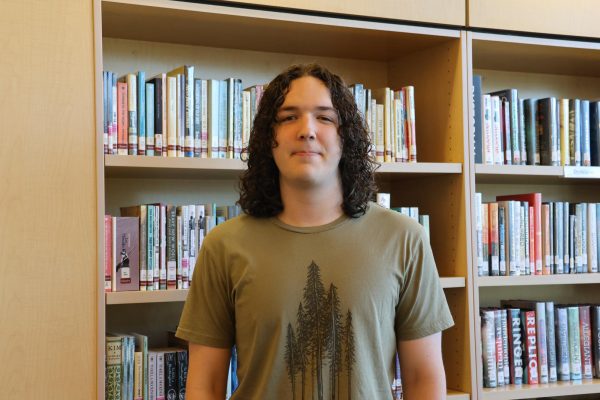
Chris Babinec • Sep 18, 2025 at 4:40 pm
Mackenzie’s zest for life, curiosity, and generosity of spirit shines through this interview. What a fantastic story to share!